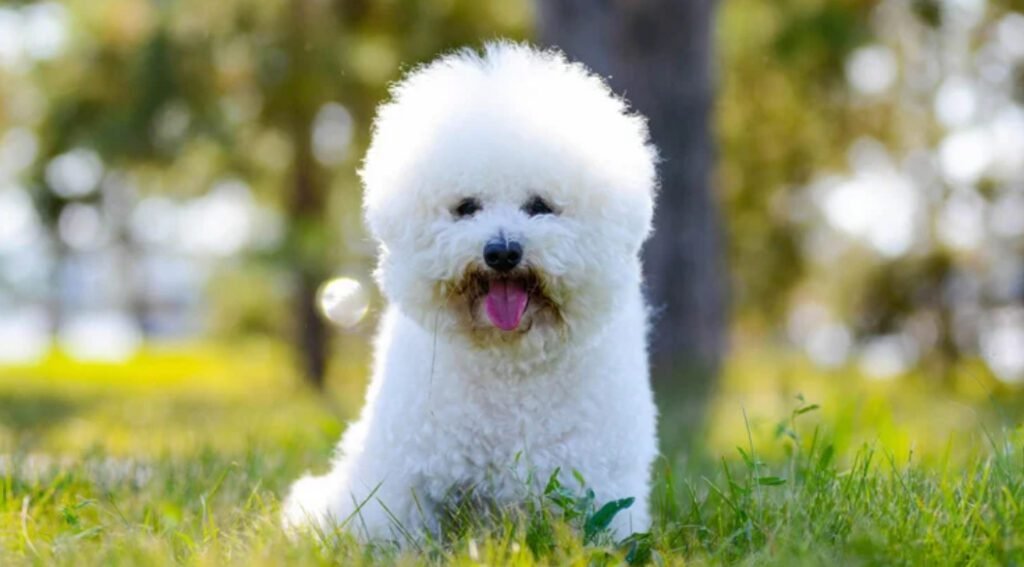
The Bichon Frise is a small, cheerful dog breed known for its powder-puff coat and affectionate personality. Beloved by families, singles, and seniors alike, the Bichon combines charm, intelligence, and adaptability in a petite, hypoallergenic package. If you’re considering this breed or want to learn more, here’s your complete guide to the Bichon Frise.
Basic Information About the Bichon Frise
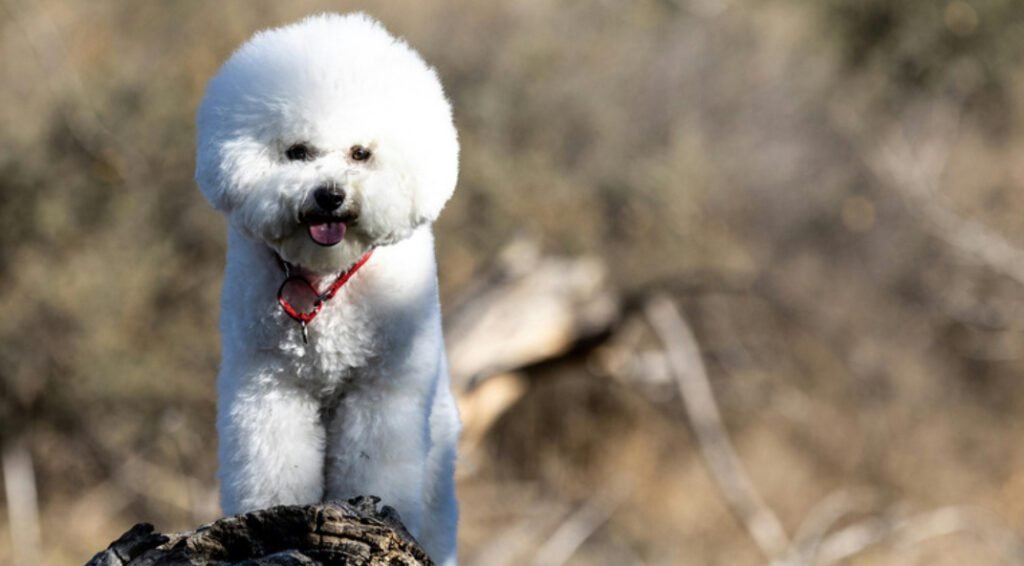
- Breed Group: Non-Sporting Group (AKC)
- Height: 9.5 to 11.5 inches (24–29 cm)
- Weight: 12 to 18 pounds (5.5–8 kg)
- Lifespan: 12 to 15 years
- Coat: Double coat; soft, dense undercoat and curly outer coat
- Colors: White is standard, with possible shades of apricot or cream
- Hypoallergenic: Yes (low-shedding coat)
Bichon Frise History
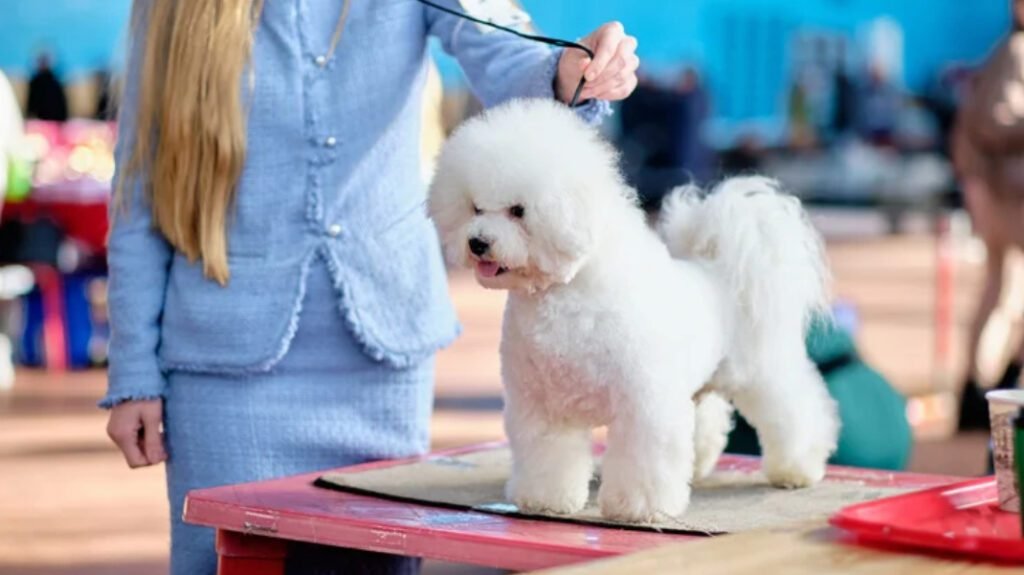
The Bichon Frise has a rich and royal history. It is believed to descend from the Barbet and was part of the Bichon family of water dogs, which also includes the Maltese and Havanese. This breed was popular among Italian nobility in the 14th century and later became a favorite at the French court, particularly during the Renaissance. In the 20th century, the Bichon Frise gained recognition worldwide and is now a beloved companion dog across continents.
Bichon Frise Size Chart (Weight & Height)
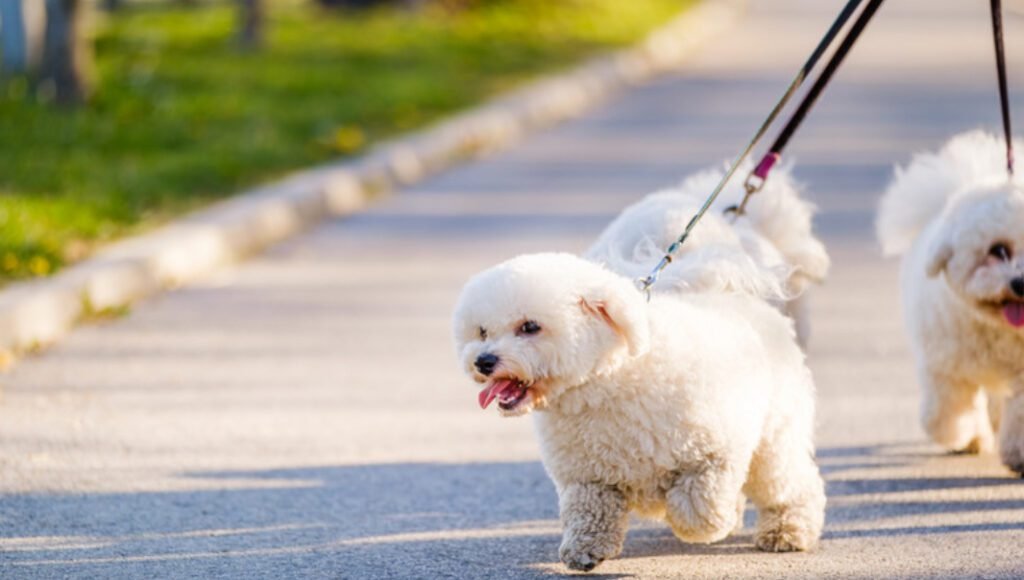
| Age (Months) | Height (inches) | Weight (pounds) |
|---|---|---|
| 2 Months | 5–6 | 3–4 |
| 4 Months | 7–8 | 5–7 |
| 6 Months | 8–9.5 | 7–9 |
| 9 Months | 9–10.5 | 9–11 |
| 12 Months+ | 9.5–11.5 | 12–18 |
Note: Growth may vary slightly by genetics and diet.
Bichon Frise Diet & Nutrition
A balanced diet is essential for maintaining the Bichon Frise’s health and vibrant coat. Here are key nutrition tips:
- High-quality dog food (commercial or homemade with vet guidance)
- Protein-rich diet to support muscle health
- Omega-3 and Omega-6 fatty acids for skin and coat health
- Avoid fillers like corn, soy, and wheat
- Limit treats to under 10% of daily caloric intake
Daily feeding: ½ to 1 cup of dry dog food, split into two meals.
Temperament and Personality
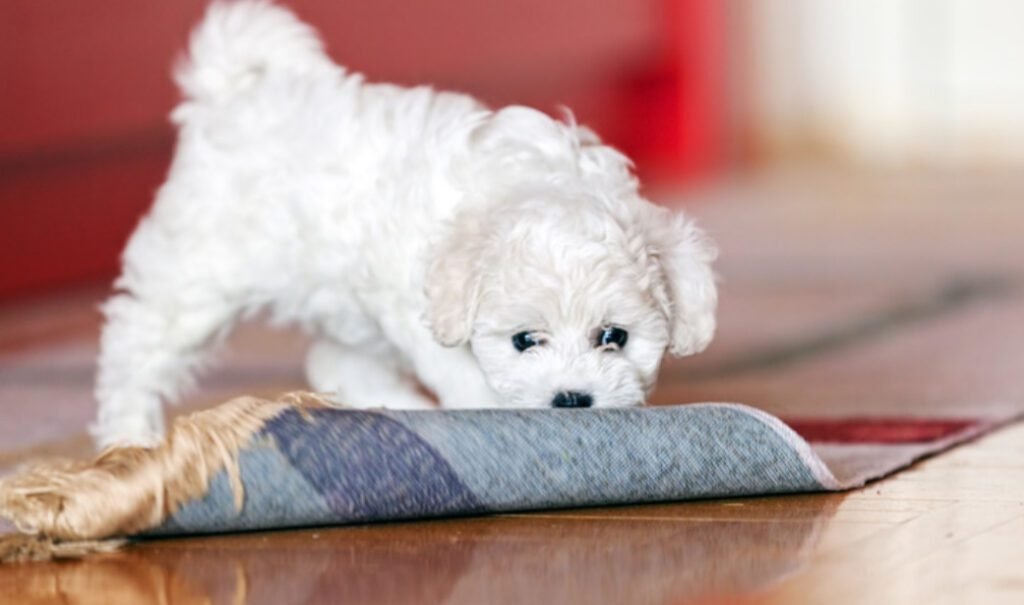
The Bichon Frise is famous for its lively, affectionate temperament. They are:
- Friendly and sociable with people and other pets
- Intelligent and easy to train, though sometimes stubborn
- Alert, making them decent watchdogs without aggression
- Loving and thrive on human interaction
They suffer from separation anxiety if left alone for long periods, so they do best in homes where someone is around frequently.
Common Health Issues in Bichon Frises
While generally healthy, Bichons are prone to certain health conditions:
- Allergies and skin conditions
- Bladder infections and stones
- Dental disease
- Patellar luxation
- Hip dysplasia
- Cataracts or other eye issues
Regular vet checkups and preventative care are key to a long, healthy life.
Caring for Bichon Frise Puppies

Bringing home a Bichon puppy? Here are tips to raise a happy, well-adjusted pup:
- Socialize early with people and pets
- Crate training helps manage separation anxiety
- Positive reinforcement training works best
- Start grooming young to build tolerance
- Feed a puppy-specific diet for balanced growth
Expect lots of energy and playful behavior during the first year!
Bichon Frise Grooming Guide
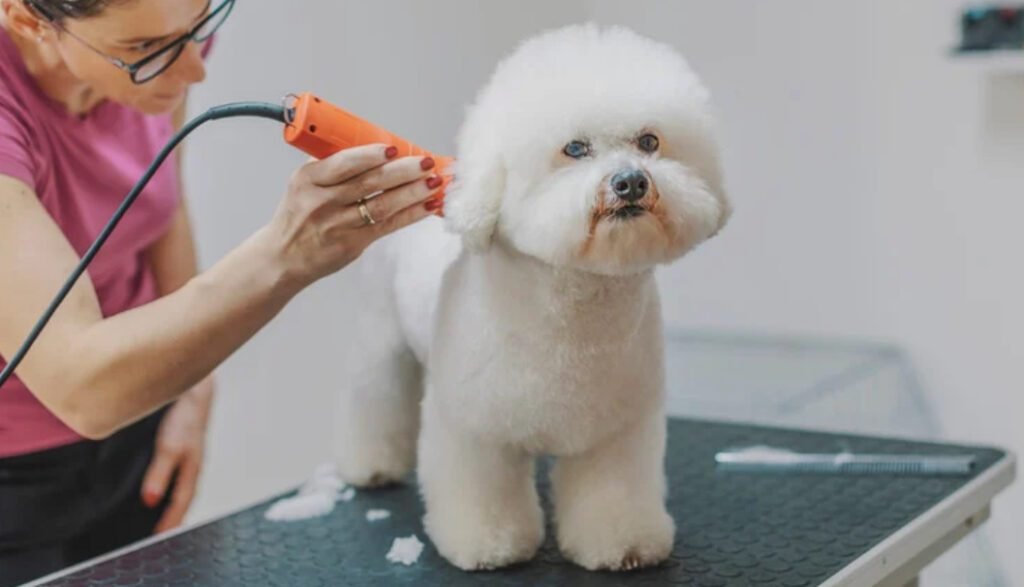
One of the breed’s trademarks is its gorgeous white coat, which requires regular maintenance:
- Brush daily to prevent mats and tangles
- Professional grooming every 4–6 weeks
- Frequent baths (every 3–4 weeks) with dog-safe shampoo
- Clean tear stains regularly
- Trim nails every 2–3 weeks
- Brush teeth several times a week to prevent tartar buildup
Despite being hypoallergenic, they’re not low-maintenance in grooming.
Conclusion: Is the Bichon Frise Right for You?

The Bichon Frise is a joyful, loyal, and highly adaptable dog ideal for many lifestyles. With proper care, socialization, and grooming, this small breed becomes a delightful companion for families, seniors, and individuals alike.
Whether you’re a first-time dog owner or a seasoned pet parent, the Bichon Frise’s winning personality and hypoallergenic coat make it one of the most lovable dog breeds in the world

Leave a Reply